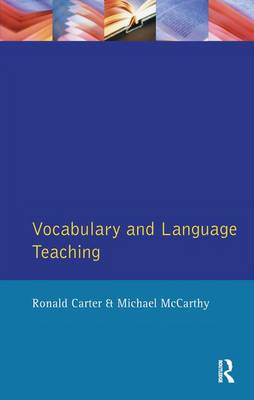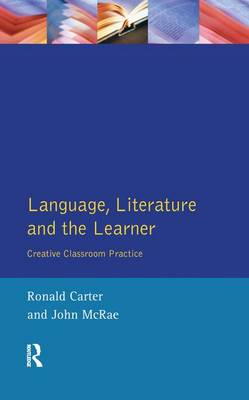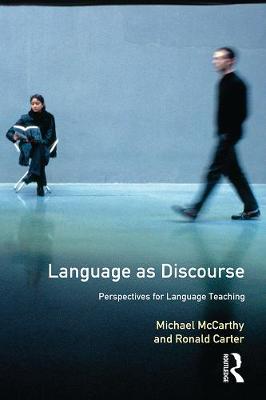Applied Linguistics and Language Study
3 total works
Language, Literature and the Learner is an edited volume evolving from three international seminars devoted to the teaching of literature in a second or foreign language. The seminars explicitly addressed the interface between language and literature teaching to investigate the ways in which literature can be used as a resource for language growth at secondary, intermediate and upper-intermediate level.
This book presents the reader with a practical classroom-based guide to how the teaching of language and literature, until recently seen as two distinct subjects within the English curriculum, can be used as mutually supportive resources within the classroom.
Through essays and case studies it reports on the most recent developments in classroom practice and methodology and suggests ways in which the curriculum could be reshaped to take advantage of this integrated approach.
The text will be essential reading for students undertaking PGCE, TESOL/MA, UCLES, CTEFLA, RSA and Teachers' Diploma courses worldwide. Students of applied linguistics, those on stylistics courses and undergraduates studying English language will welcome it as accessible supplementary reading.
In this book Michael McCarthy and Ronald Carter describe the discoursal properties of language and demonstrate what insights this approach can offer to the student and teacher of language. The authors examine the relationship between complete texts, both spoken and written, and the social and cultural contexts in which they function. They argue that the functions of language are often best understood in a discoursal environment and that exploring language in context compels us to revise commonly-held understandings about the forms and meanings of language. In so doing, the authors argue the need for language teachers, syllabus planners and curriculum organisers to give greater attention to language as discourse.


